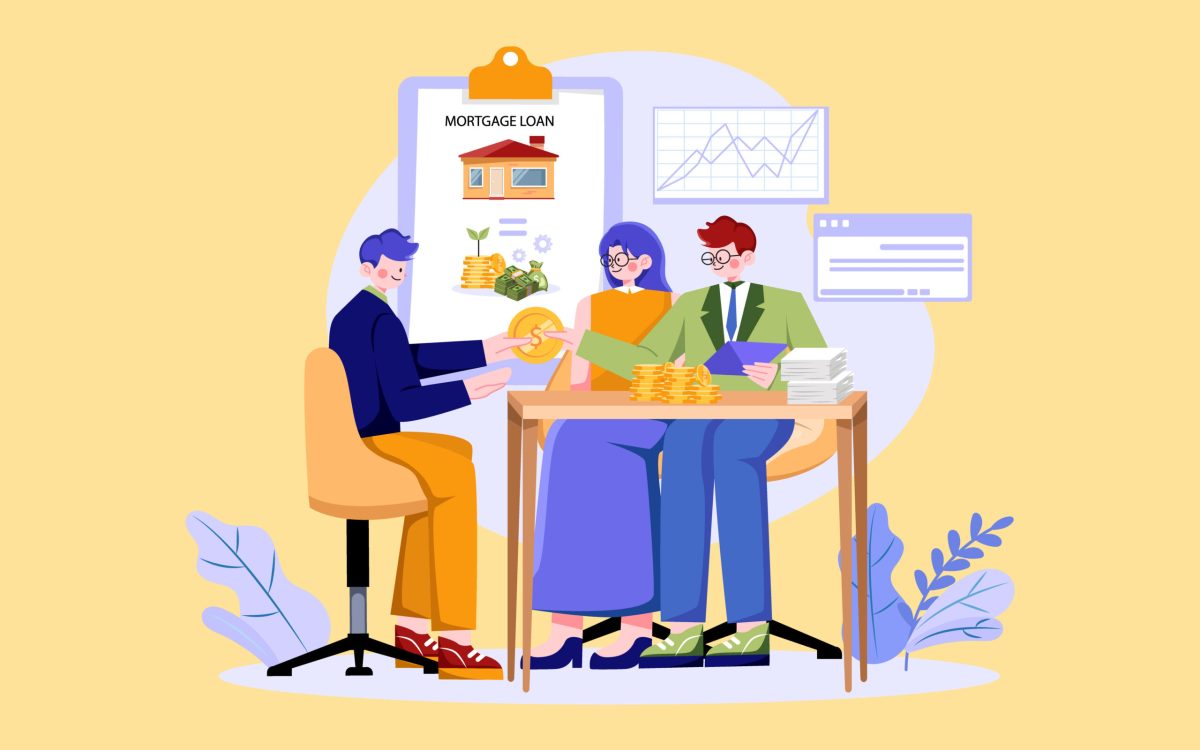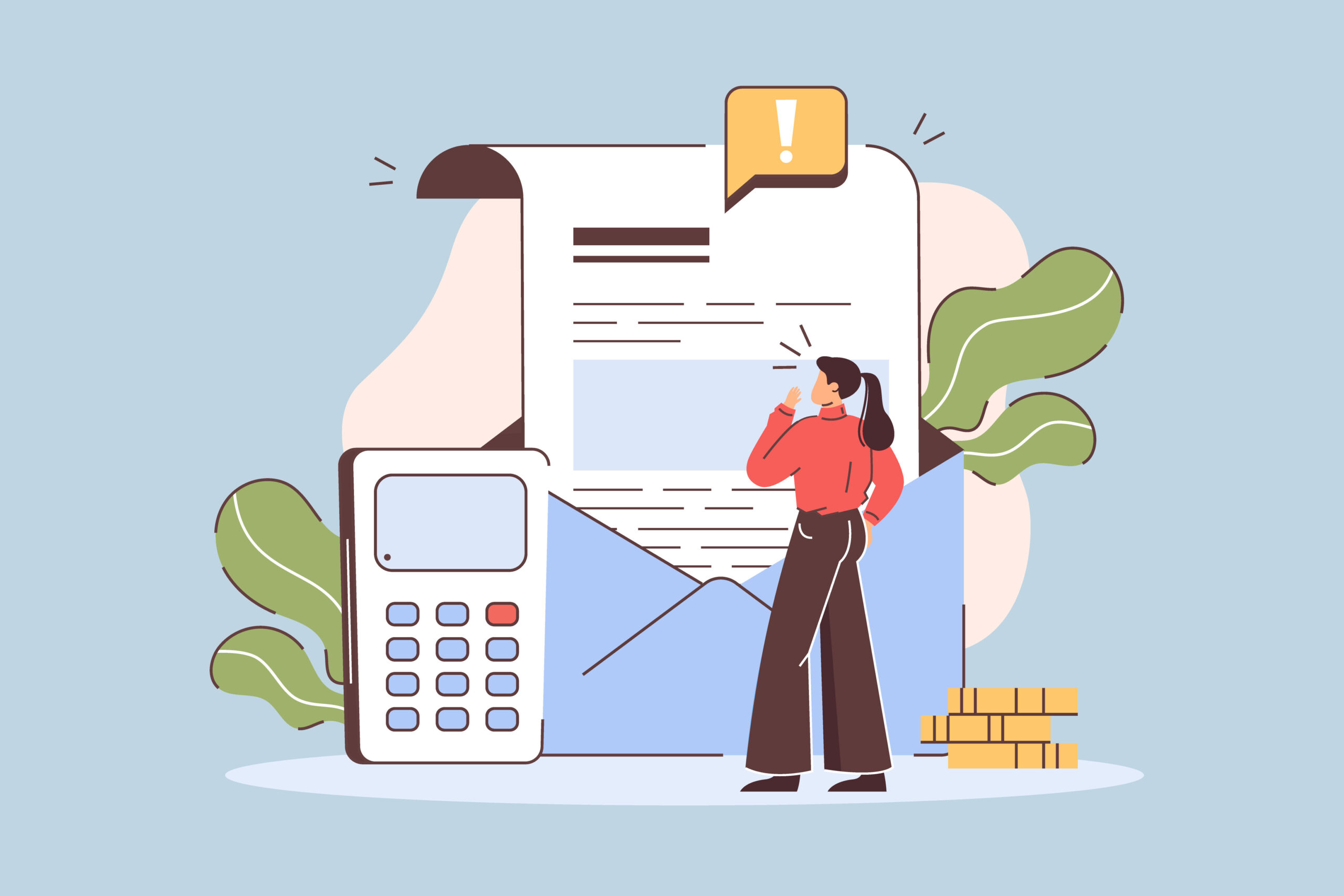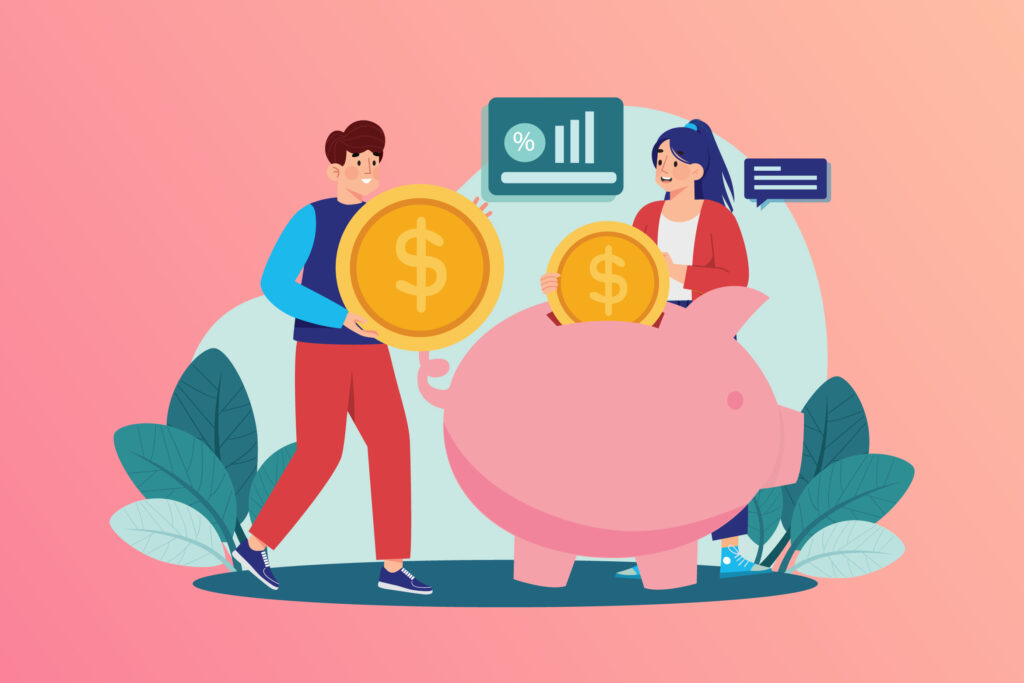Home loans, mortgages, HDB loans…whatever you call them, you hear a groan. Many Singaporeans, even single-digit millionaires, find this to be the bane of their existence: a money-devouring monster that they may need to feed for 25 years or more. This week however, I met a few people who could in fact pay off their mortgages if they choose to – but decide not to instead. Here’s their rationale:
The” asset-rich, cash poor” scenario
Let’s consider someone who has a fully-paid up flat or condo, with no mortgage to worry about. However, this person is also a retiree, with limited or possibly no income.
In the event of a crisis, such as a medical issue, how will they pay their bills?
They have no cash in hand, and their only asset is the fully-paid home. But there’s no way to pay medical bills with your property short of (1) selling it, (2) renting it out (which may be uncomfortable if you still need to live in it), or (3) taking out some kind of loan against it – in which case you’re effectively back to paying a mortgage again.
This is not a rare scenario in 2023. I have come across more than two or three Singaporeans in their mid-fifties, who are struggling with exactly this issue. Many are forced to sell their property and downgrade, as they have no other source of funds.
This scenario can even be damaging to family relationships. Consider, for instance, someone who relies on their children, siblings, etc. for daily survival…all the while owning a fully-paid condo.
At some point, there will be anger at the refusal to sell the property, rather than lean on other family members for income.

How this relates to not paying off a mortgage
Consider a scenario where a single-digit millionaire has $2 million to spare, and is buying a $2 million condo.
One possible option is to use a home loan, to pay 75 per cent of the property price (this is the maximum loan possible). Over 25 years at an interest rate of around four per cent, this means paying around $7,900 per month.
Ultimately, a price of around $2.375 million will be paid for the condo.
The second option is to just use the $2 million available to pay for the condo, all at once.
On the surface, option two seems more sensible – it’s what we’re wired to think from basic personal finance.
But here’s how that scenario might play out in the real world
The millionaire who uses a loan pays $500,000 as a down payment, leaving her with $1.5 million.
While she does have to pay $7,900 a month, she has the option to invest the remaining $1.5 million – possibly at a rate that’s higher than her mortgage. If she can grow a $1.5 million portfolio at five per cent per annum, for example, she’s still effectively making one per cent returns, while also paying off the property.
If there’s any kind of emergency, she doesn’t have to sell her home, rent it, etc. She still has $1.5 million left to use.
On the other hand, what happens to the millionaire who pays off the whole property at once?
There is $0 left to invest, so there’s no wealth growth.
If an emergency occurs, our millionaire is in the scenario described above: forced to sell the property, rent it out, etc. Even worse, some in this situation take loans – but unsecured lending, such as personal loans, are invariably higher than a home loan (potentially up to nine per cent per annum, or even 27 per cent for credit cards).
So while the millionaire who pays off the entire property may have peace of mind, it’s not necessarily a smarter approach.
In addition, the mortgage should be the last loan you pay off
Speaking to a few financial planners, there is a strong consensus regarding debt: higher-interest rate loans should be paid off first. These are typically credit cards, lines of credit, and other unsecured lending.
Because the mortgage is likely the cheapest loan you will ever receive – currently it’s around four per cent in 2023 – you can afford to pay it off last.
There’s no sense in paying off the mortgage early, then being in need of cash and having to take a pricier loan.
This isn’t to say paying off your mortgage early is always wrong
There are some scenarios where it makes sense to speed up mortgage repayments. Some scenarios include trying to pay it off before retirement, or paying in full for legacy planning reasons.
(If you buy a residential property on trust for your children, you will need to pay for the property in full, as almost no bank will agree to a loan in such circumstances).
The point I’m making is that it’s not inherently better to pay off home loans early. Whether that’s a wise move is dependent on a whole range of factors, such as:
- How well insured you are for emergencies
- Available savings if you pay off the whole loan
- Other investment opportunities that are present
- Wider economic scenario, particularly with the current home loan rates
- Any plans to sell the property (if you intend to sell the property in a short time like five years, it’s rarely worth paying in full and locking up your capital)
Also, there is the issue of diversification: if your property is meant to be a retirement asset, it should not make up the entirety of your wealth. When 100 per cent of your portfolio is a single property, you’re making a dangerous gamble on the future value of your home.
If you’re about half-way through your mortgage, and thinking of paying it off, approach a financial expert for help. It’s not as clear-cut as many YouTube finance videos or gurus make it seem. If you have more questions on this, you can also reach out to us at Single Digit Millionaire.










